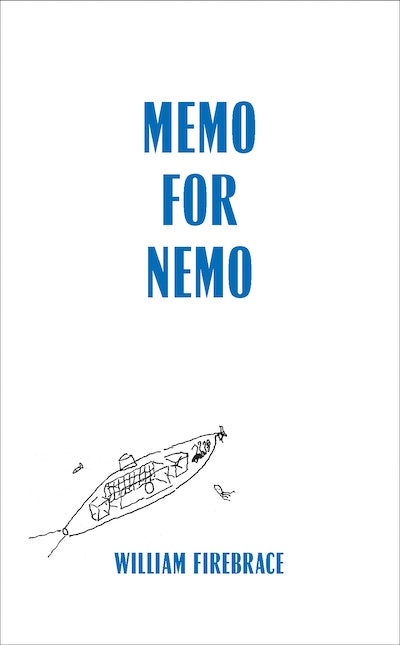- Published: 22 November 2022
- ISBN: 9780262544078
- Imprint: MIT Press
- Format: Paperback
- Pages: 264
- RRP: $65.00
Marseille Mix
- Published: 22 November 2022
- ISBN: 9780262544078
- Imprint: MIT Press
- Format: Paperback
- Pages: 264
- RRP: $65.00
Firebrace is at once keen dragoman, critic, poet, constantly astonished spectator, and informal reporter. His curiosity is boundless.’ — Jonathan Meades
‘Star Theatre offers fascinating insights into how astronomy has, through planetariums, evolved over the past century from a tool for education and personal improvement to a crowd-pleasing public spectacle.’ — Nature
‘A masterful and well-researched examination of the architectural heritage and cultural significance of planetariums, such as the role of the Zeiss projector in fostering relations between Soviet-controlled East Germany and the rest of the world. It also contemplates how the development of planetariums has been influenced—indeed, challenged—by discoveries in astronomy such as black holes, gravitational waves, and the theory of dark matter, as well as the growing capabilities of projection technology . . . Excellent images.’ — BBC Sky at Night Magazine


